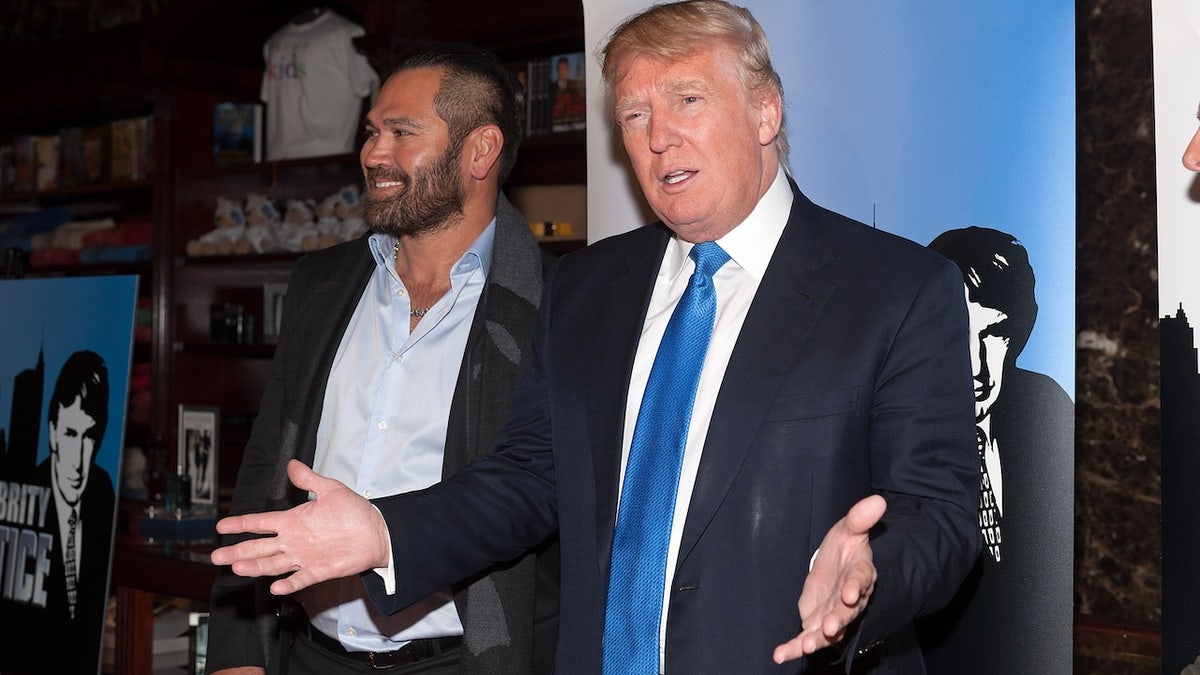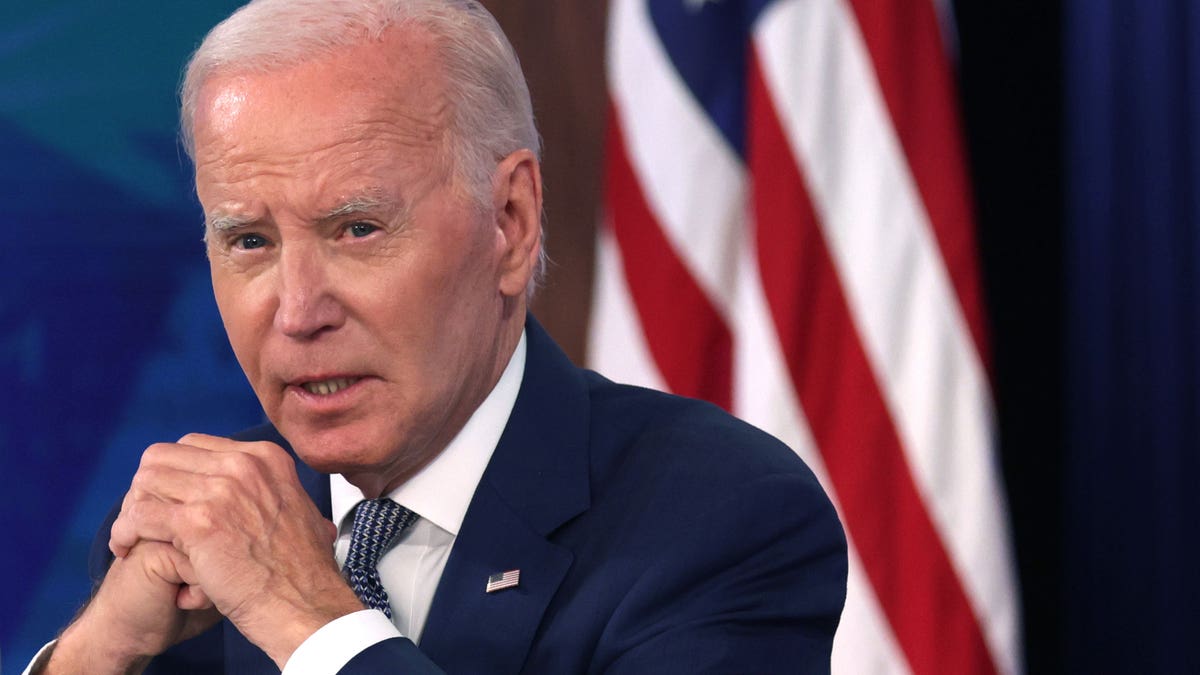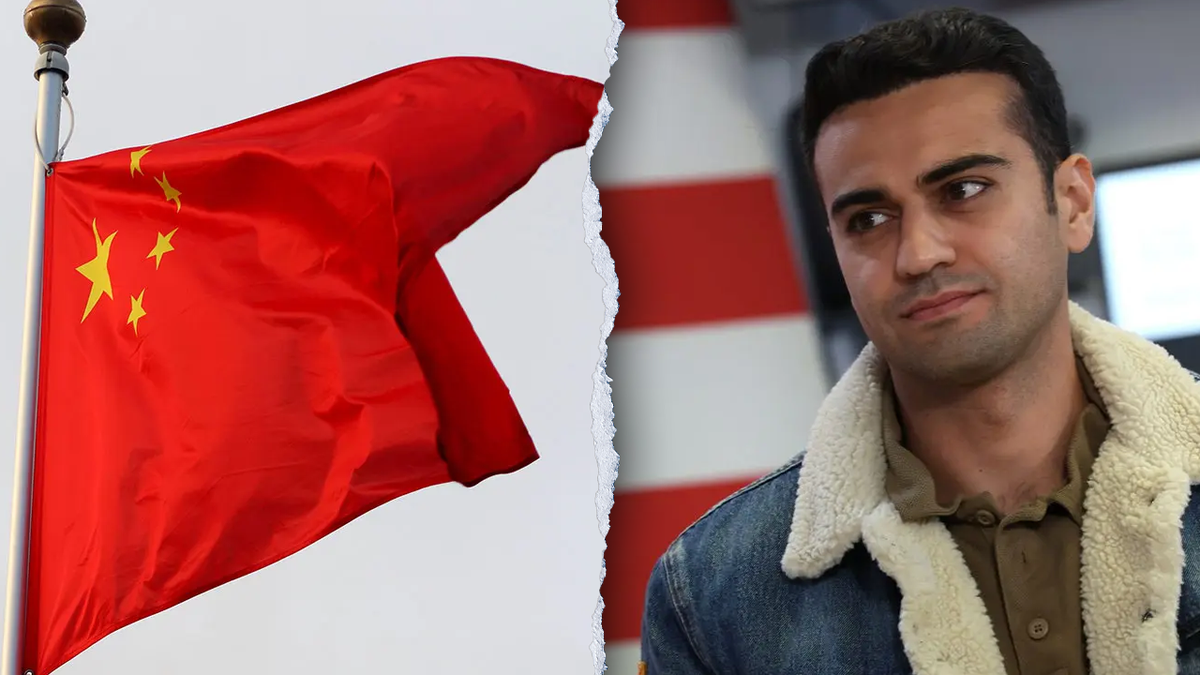Over 20 states, spearheaded by Kentucky and West Virginia, have voiced strong opposition to the Biden administration's proposed rule promoting electric vehicle production. They argue the mandate is an overreach of authority, economically damaging, and disregards the needs of rural communities. West Virginia Attorney General Patrick Morrisey criticized the rule as an attack on rural Americans who will bear the brunt of its economic consequences.
The proposed EPA regulations, impacting car models from 2027-2032, aim to accelerate the adoption of electric vehicles. However, Morrisey and Kentucky Attorney General Daniel Cameron contend that such a significant economic shift requires Congressional action, not regulatory maneuvering. They've submitted an 18-page comment urging the EPA to reconsider, emphasizing the lack of legal basis for such a sweeping mandate.
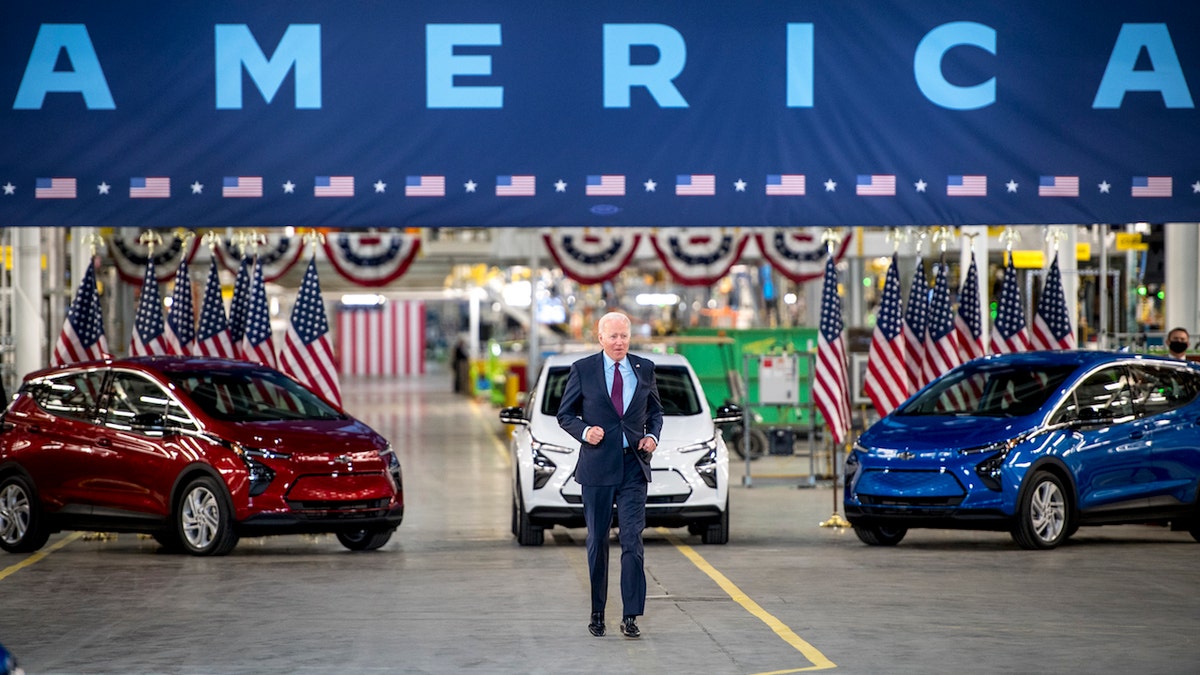
Morrisey questioned the EPA's methodology, arguing that combining electric vehicles with traditional automobiles in fuel efficiency calculations is a flawed comparison. He also expressed concern about the affordability of electric vehicles for average Americans, particularly given the current inflationary pressures. He believes the mandate will exacerbate existing economic hardships rather than benefit consumers.
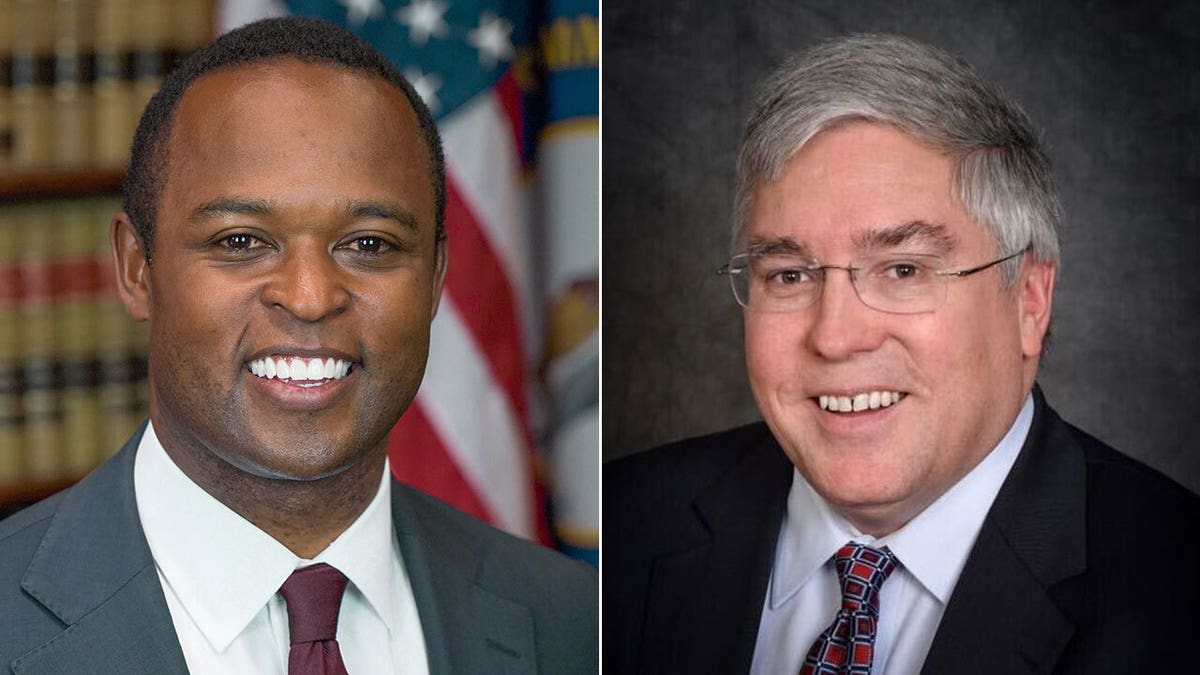
Cameron echoed these sentiments, stating the mandate represents a government overreach that picks winners and losers in the automotive market. He criticized the administration's pursuit of "green-energy fantasies" that disregard the practical realities of consumer preferences and economic feasibility.
The coalition of states argues the EPA lacks the authority to enforce such a drastic market shift and that the proposed rule's cost-benefit analysis is flawed. They highlight the strain on electrical grids, increased energy dependence, and potential supply chain disruptions as significant downsides. They also question consumer willingness to adopt electric vehicles at the projected rate, citing affordability concerns and a lack of sufficient demand.
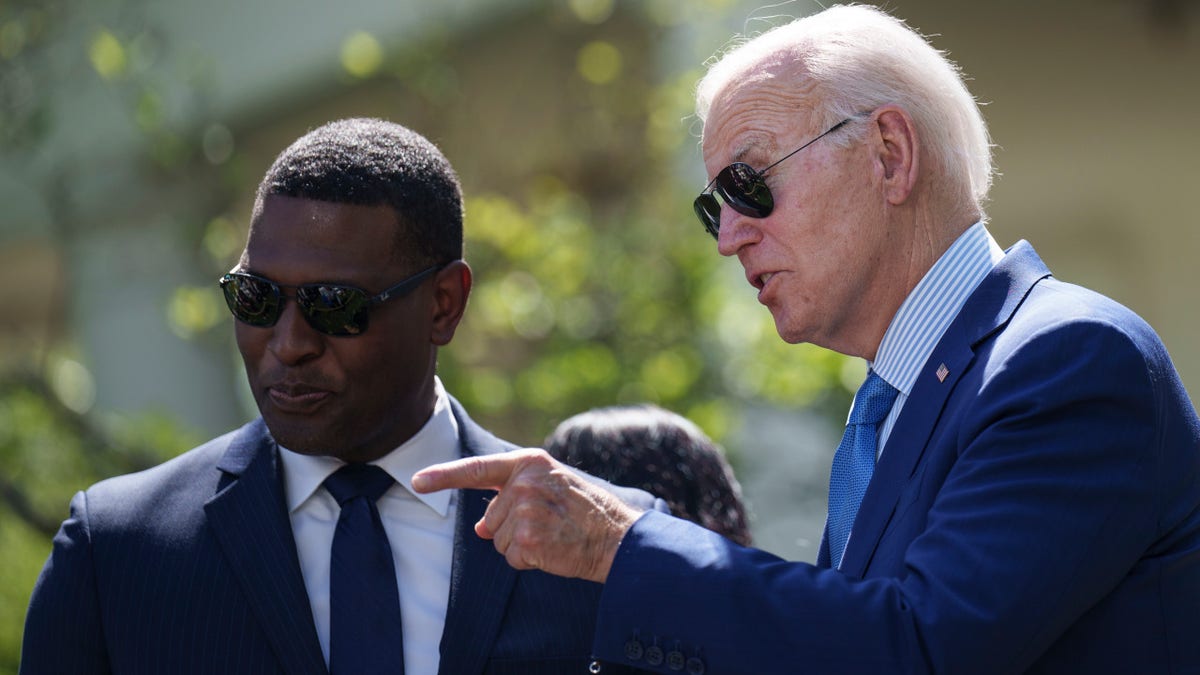
While the White House has touted the potential environmental and economic benefits of the proposed rule, critics like Will Hild of Consumers’ Research argue it will raise costs for traditional vehicles and disproportionately benefit wealthier consumers. O.H. Skinner of the Alliance for Consumers further accused the EPA of manipulating the rulemaking process to eliminate products favored by consumers.

The EPA stated they will review all public comments before finalizing the rule. This legal challenge represents a significant pushback against the Biden administration's climate agenda and its implications for the automotive industry and American consumers.

